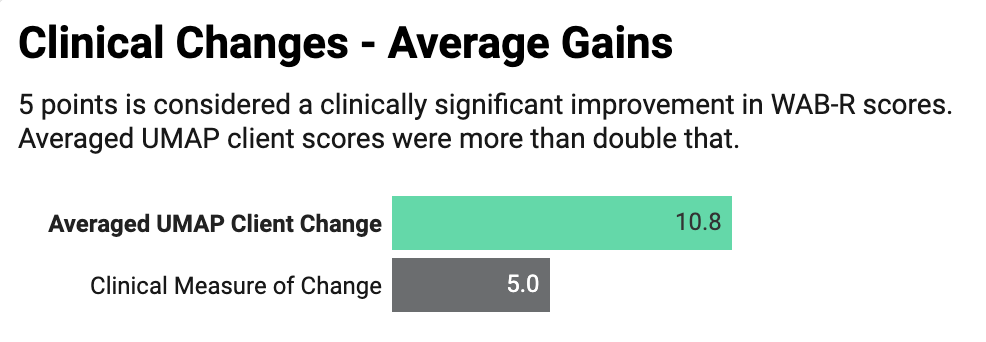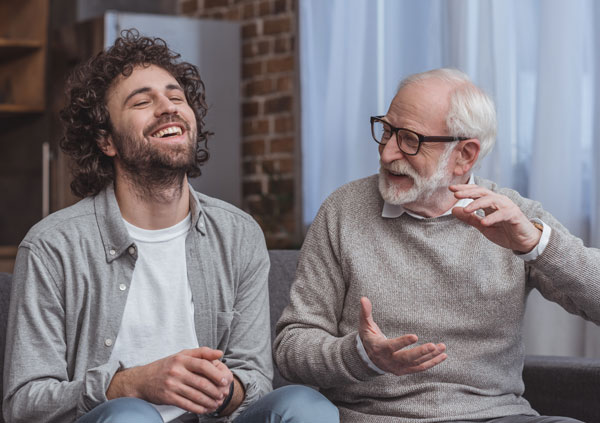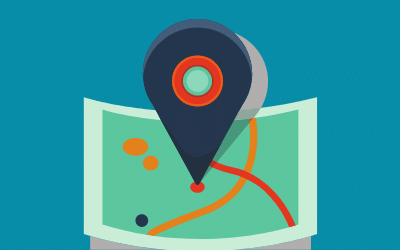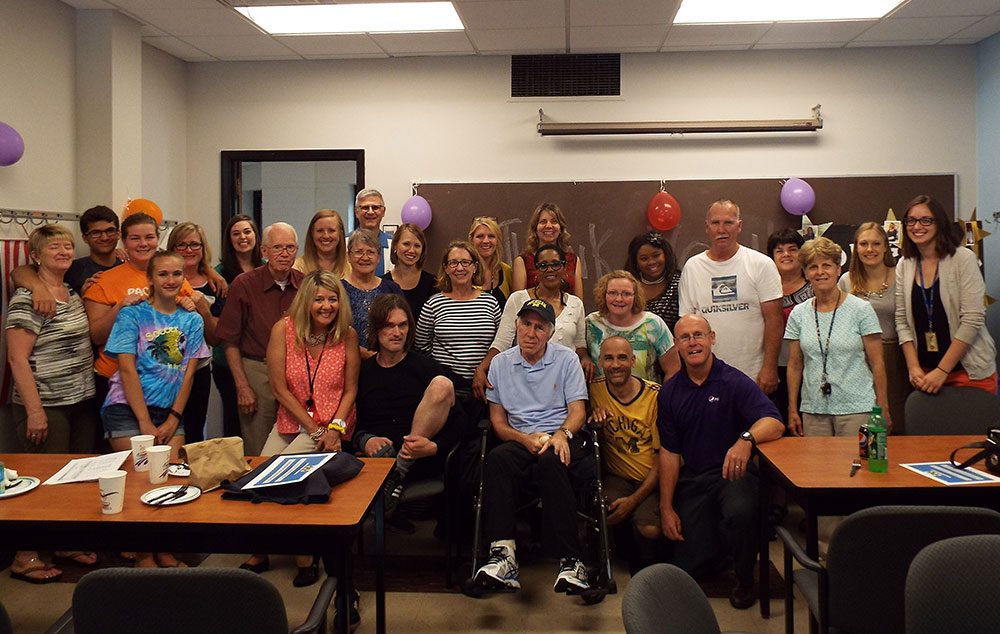Questions? Call us at :
(734) 764-8440
Ready to apply?
Click Here
Welcome to the University of Michigan Aphasia Program! (UMAP)
For more than 80 years, people have come from around the world to receive the highly individualized, innovative, and intensive aphasia therapy the U-M Aphasia Program (UMAP) is known for.
We’ve heard it many times: you didn’t ask to be part of this club.
Yet, here you are. It’s frightening to be thrust into this world of post-injury or post-stroke language recovery, but you’re not alone. The University of Michigan Aphasia Program (UMAP) provides intensive speech and language therapy for people with language disorders after a stroke, brain injury, illness, or other neurological disorder.
We’re here to help you. We work with you to develop communication skills that work for your life (using the Life Participation Approach to Aphasia recovery, as well as other methods and therapies). We also offer a caregiver component to our therapy and encourage caregivers to be involved in therapy so the skills you learn here can continue at home.
If that sounds like what you or your loved one needs, consider our program your next step.
"It seems to me that the concentrated month-long therapy is very effective.
I would highly recommend this program."
Our program does more than just focus on the effects of aphasia — and it sets us apart.
When you are affected by aphasia, the world can be a lonely place. Things that were once familiar are foreign. Something that once came easy to you, like answering a yes-or-no question or making a phone call can be overwhelming and frustrating. After nearly a century of working with those with aphasia, we understand that. The aphasia program focus isn't just language recovery following a stroke or head injury.
Our program is structured to treat the whole person through our unique intensive, individualized, and innovative care. We also use a Life Participation Approach to Aphasia (LPAA) to focus on building applicable skills in individual, group, and real-world interactions.
You will meet others like you, with similar challenges and inspiring triumphs. The U-M Aphasia Program focuses on helping you find meaningful ways to communicate after a stroke, head injury, or illness.
"This is an excellent program. Every staff member we dealt with was well trained, knowledgeable, personable and caring. We became very fond of everyone on staff. They will always hold a special place in our hearts for the wonderful treatment we received."
About the Program
Our intensive therapy can result in significant improvement in communication skills over time.
While each client is different, we have seen improvement occur regardless of severity, type of aphasia (those with global aphasia also respond positively to intensive therapy), education, age, or stage of recovery.
For more on client outcomes, see: UMAP Client Data and Gains
What to Expect
UMAP is one of a few clinical service programs around the country to offer an intensive speech-language therapy session that combines individual, group, and computer/tech work, exemplifying the Life Participation Approach. Caregivers are encouraged to participate in sessions and social activities, as well as weekly educational seminars and a support group.
We are the original ICAP and remain to be a model for other ICAPs - Intensive Comprehensive Aphasia Programs. An ICAP designation means a program provides a level of care that sets it apart from other approaches to speech language therapy for aphasia therapy.
Outcome Data, Client Stories, and Next Steps
Outcome Data


Client Data: Significant Gains
Many potential clients and their care partners wonder: is intensive speech language therapy effective? Progress depends on a variety of factors such as the type of aphasia (Wernicke's, Broca's, etc.), the time since onset, age, and others.
However, on average, UMAP clients showed significant gains.
Client Stories

In Their Words: Aphasia Stories
Our clients are an amazing group of individuals. Everyone who comes to the U-M Aphasia Program has a different story, different goals, and a different approach to their aphasia recovery, which is why our individualized approach is so important. That said, they all have one thing in common: resilience.
Next Steps

Ready to Learn More? Start Here
By checking out our program, you’ve already taken a step in the right direction. It can be overwhelming to find the right place to begin.
These pages should help:


